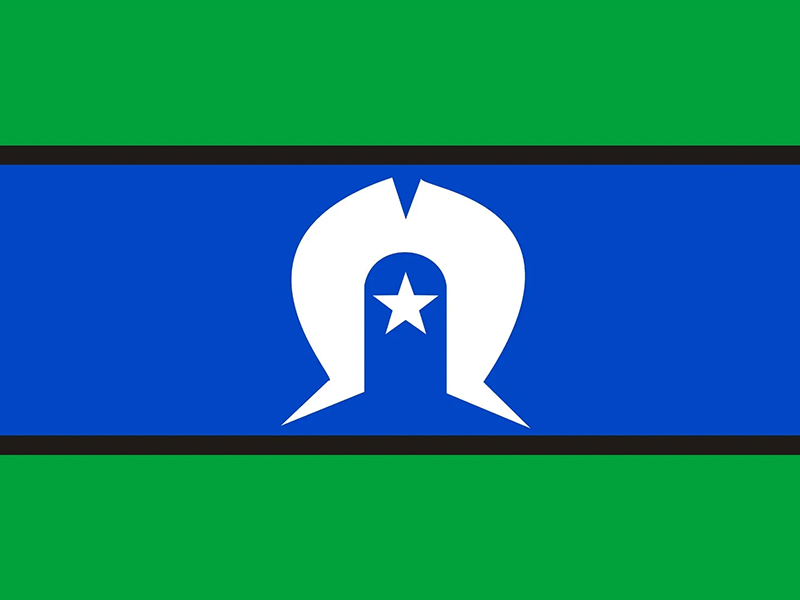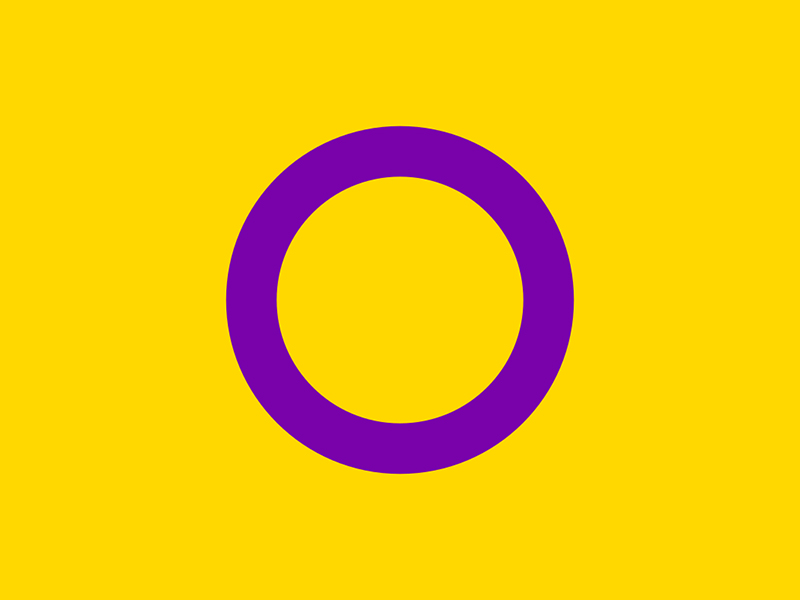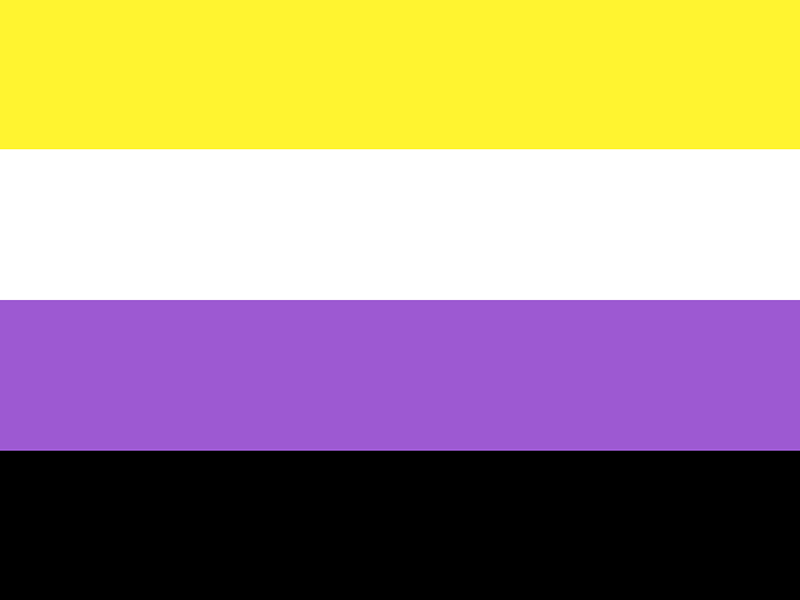Pronouns are words that take the place of nouns. Simply put, we use personal pronouns to speak about someone when they are not around or often in place of their name.
For example, Alex went to the cafe and she bought a coffee – ‘She’ is the personal pronoun in use.
We all use pronouns for ourselves and others, and these little words can say a lot about a person’s identity. Some people don’t give their pronouns much thought at all, while for others, pronouns can be a crucial part of affirming one’s gender identity and expressing themselves to the world. Everyone gets to choose their pronouns and decide how they want to be referred to by others.
Using a trans or gender diverse person’s correct pronouns shows respect for them and their identity. Using incorrect pronouns can be extremely harmful and hurtful and shows a disregard for a person’s identity and experience. It’s okay to take some time to get used to a person’s pronouns, but it’s important that you make the effort to get them right.
The most common pronouns used are:
- She/Her/Hers: Typically used by girls, women, or anyone else who would like these pronouns used for herself, regardless of her gender history.
- He/Him/His: Typically used by boys, men, or anyone else who would like these pronouns used for himself, regardless of his gender history.
- They/them/theirs: Typically gender neutral and used by people who are not exclusively male or female or anyone who would like these pronouns used for them, regardless of their gender history.
Staying educated
There are more than just these traditional pronouns out there, including a range of contemporary neo-pronouns, depending on geographical location, language, culture, and someone’s identity.
It can take practice if you’ve known someone as a different pronoun for a long time, but it’s important to get right. People deserve to have their gender and their identities respected and validated.
If you want more practice or know more about pronouns, you can use this informative tool from Minus18.
Key tips for being a good ally
Respect the individual as the expert
Pronouns are different for each person. One non-binary person may use different pronouns than another non-binary person, and that is fine. A person may use they/them/theirs because it fits better, and that’s fine too. Being an ally is about respecting the individual as the expert and helping them reinforce their pronouns to others.
Invite others to use their pronouns
Introducing yourself with your pronouns can be a great way to show that you’re an ally and invite others to do the same. You can include your pronouns on your name badge, business card, email signature, classroom whiteboard, office door, and anywhere else you might introduce yourself.
When you make a mistake
Humans make mistakes, so don’t let this deter you from making the effort. It’s crucial that when you do make a mistake that you address your error as quickly as possible and then move on with the conversation.
The conversation may go something like this:
“Ashley came to my office the other day to ask about how we can organise a cake sale for Wear It Purple Day next year. He was hoping…. Sorry, they hoped to get a group of students involved and raise money for LGBTI Mental health”.
If you hear someone else make a mistake and not correct themselves, quickly and politely correct them and move on. “Sorry, Ashley uses they/them/their pronouns” or simply, “They, not he”. This is a big part of being an LGBTI+ ally!
If you find new pronouns tricky, replace the pronoun with the person’s name. But it’s essential to keep trying. Remember that trying to get pronouns right is better than not using them at all.
Common questions
“Isn’t using they/them/theirs grammatically incorrect?”
No. The use of ‘singular they’ dates back to as early as the 16th Century, even Shakespeare used it! We often already use singular gender neutral pronouns for people when we do not know their gender.
You might actually find that you do it without thinking:
- “Someone left their jumper behind today; I hope they come back for it”,
- “I love it when a teacher introduces themself with their pronouns.”
“What if they change their mind?”
Thankfully pronouns are not set in stone. Understanding one’s own gender can be tricky at times and may take time. Some people may go through a period of using a new set of pronouns but later find it doesn’t fit quite right for them and try something else, which is okay. Remember, being a good ally is about respecting the individual as the expert of their gender and pronouns.
“I can’t keep up, it’s always changing, and I have better things to worry about.”
It may seem hard, but if you model this behaviour in your personal and work life, you are likely to contribute to an inclusive culture for everyone and gain trust and respect from the individuals whose pronouns you use.
You also help ensure that all people have access to a fair society/education/workplace where they feel respected and valued.






